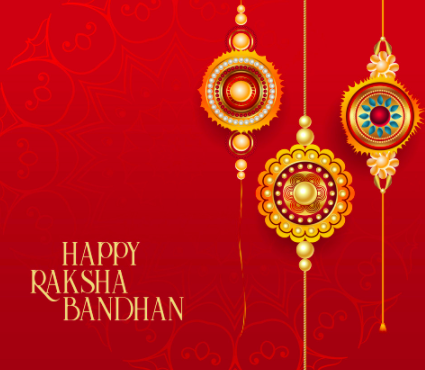|
|
|
THIRD JUDICIAL CIRCUIT COURT
|
|
THE DIVERSITY AND INCLUSION CALENDAR
The Third Circuit Court Diversity and Inclusion Team's Mission: "We appreciate our common connection and respect our diverse and unique human experiences. We move forward as an inclusive organization as we provide accessible and equal justice."
The Court's Diversity & Inclusion Team strives to ensure the values of its diverse bench, staff, and court users are acknowledged and reflected in our delivery of service as well as our work environment.
In that spirit, the team creates and shares a monthly list of various holidays and observations along with some celebration suggestions. We invite our work community and the community at large to contribute.
August 2020
| National Eye Exam Month |
| National Breastfeeding Month |
| National Friendship and National Sisters Day | August 2 |
| National Women's Day | August 9 |
| International Day of World's Indigenous People | August 9 |
| National Sons and Daughters Day | August 11 |
| International Youth Day | August 12 |
| Vinyl Record Day | August 12 |
| National Relaxation Day | August 15 |
| World Humanitarian Day | August 19 |
| Islamic New Year Begins in the evening (Ends in the evening of August 20) | August 19 |
| National Senior Citizens Day | August 21 |
| Kobe Bryant Remembrance Day | August 24 |
|
August 28, 1963 - Martin Luther King Jr. delivered his famed "I Have a Dream" speech during the March on Washington for Jobs and Freedom.
|
August 6, 1965 - The Voting Rights Act outlaws the discriminatory literacy tests that had been used to prevent African Americans from voting. Suffrage is finally fully extended to African American women.
|

August 3rd - Raksha Bandhan - Raksha Bandhan is a holiday that is observed among Hindus, Sikhs, and Jains in many parts of India, Pakistan, Nepal and Mauritius. This Hindu festival celebrates the special bond that exists between brothers and sisters, and the love and honor that is shared between them. The ritual takes place on the first full moon day of the month of Shraven. Several different rituals and traditions accompany this festival as described below: Preparation-Right before Raksha Bandhan, women shop for the ceremonial thread that they are going to tie around their brother's wrist. This thread - also called a Rakki - can be very simple, or very ornate depending on the woman's choice. Also during this time, brothers often search for gifts to give their sisters, which may also be something as simple as a token of affection or something more elaborate. The Ritual-On the day of the ritual, the siblings get together - along with members of their family - and it begins in front of a lit candle or lamp. It is there that they face each other and the sister ties the ceremonial thread to her brother's wrist. After The Ritual-immediately following the tying of the thread, the sister often says a prayer for her brother. Following the prayer, the sister then applies a tilak to her brother's head, and he, in turn, promises to protect her. The sister then feeds her brother an assortment of different seasonal foods.
|
August 13th - Equal Pay Day for African American Women - The time a woman has to work into the new year to symbolically achieve the same pay a man earned the previous year. For African-American women, Equal Pay Day won't be recognized until August 13, 2020. For Native American and Latina women, Equal Pay Day won't be recognized until October 1 and October 29, 2020.
Asian-American and Pacific Islander women reached Equal Pay Day on February 11, 2020 and White women reached Equal Pay Day on March 31, 2020.
|
August 26th - National Women's Equality Day Women's Equality Day
commemorates the 19th Amendment to the Constitution, granting women the right to vote. In 1971, after much work, and at the urging of U.S. Representative Bella Abzug (D-NY), Congress designated August 26 each year as "Women's Equality Day." This day was selected to commemorate the passage of the 19th Amendment to the Constitution on August 26, 1920. This amendment granted women the right to vote. This was the culmination of decades of effort by women suffragettes and other groups. Their efforts dated back to first women's rights convention in 1848 at Seneca Falls, New York. Celebrate this day in a number of ways. First, stop and celebrate the accomplishments made in gaining the right to vote, and towards equality for women. Women's rights groups suggest you continue to be involved in pursuing full and equal rights for women in all areas and in all issues.
|
|
|
|
|
|
|
|